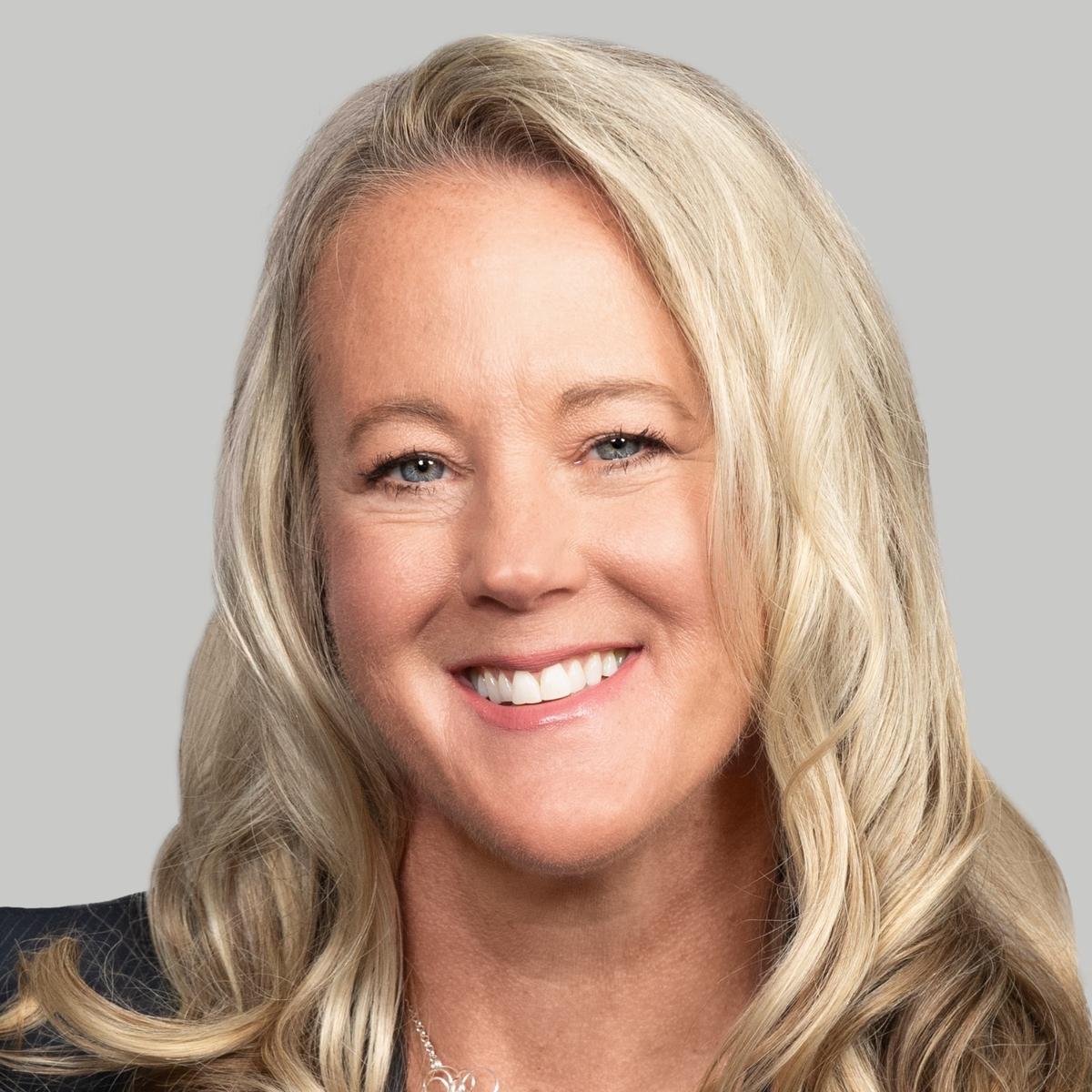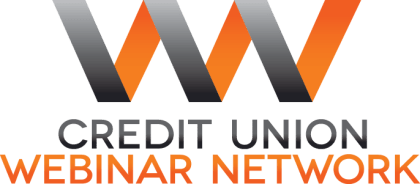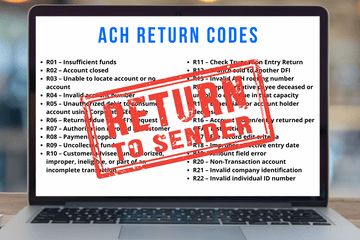ACH WSUD vs. Stop Payment: Which Is It?
On-Demand Webinar:
StreamedFeb 1, 2024Duration90 minutes
- Unlimited & shareable access starting two business days after live stream
- Available on desktop, mobile & tablet devices 24/7
- Take-away toolkit
- Ability to download webinar video
- Presenter's contact info for questions
Which is it? Stop payment? WSUD?
Do you
know the sometimes-subtle differences? Does each have to be in writing? How
should unauthorized ACH transactions be handled? Join this fact-filled webinar
to get the answers to these questions and more.
AFTER
THIS WEBINAR YOU’LL BE ABLE TO:
- Determine whether a stop payment is the best course of action
- Identify how to help consumers under Reg E and the Nacha rules
- Know when to preemptively use a stop payment
- Understand when to reactively fill out a WSUD
- Establish which of the two need to be in writing
- Evaluate what to do with unauthorized ACH transactions
- Recognize what a Proof of Authorization is and how it should be used
This
course is eligible for 1.8 AAP/APRP credits.
WEBINAR DETAILS
This webinar will delve into unique nuances of effectively
handling ACH stop payment requests and Written Statements of Unauthorized Debit
(WSUDs). You will learn common mistakes observed during audits and the
documentation required for compliance. Gain practical insights and best
practices to avoid pitfalls and streamline procedures to ensure a more
efficient resolution process for your financial institution.
WHO SHOULD ATTEND?
This informative session
is designed for anyone who works with accountholders, whether at the teller
window or at a call center, including operations staff, tellers, service
representatives, middle management, and compliance staff.
TAKE-AWAY TOOLKIT
- Employee training log
- Interactive quiz
- PDF of slides and speaker’s contact info for follow-up questions
- Attendance certificate provided to self-report CE credits
NOTE: All materials are subject to copyright. Transmission, retransmission,
or republishing of any webinar to other institutions or those not employed by
your institution is prohibited. Print materials may be copied for eligible
participants only.
Presented By

UMACHA
© 2024 FINANCIAL EDUCATION & DEVELOPMENT, INC




